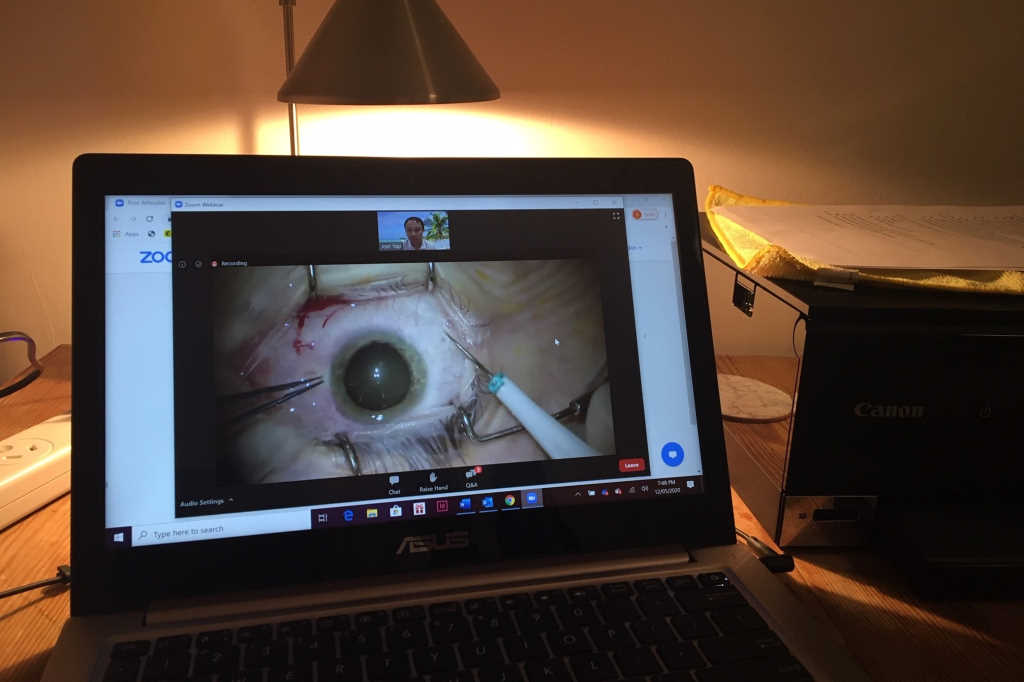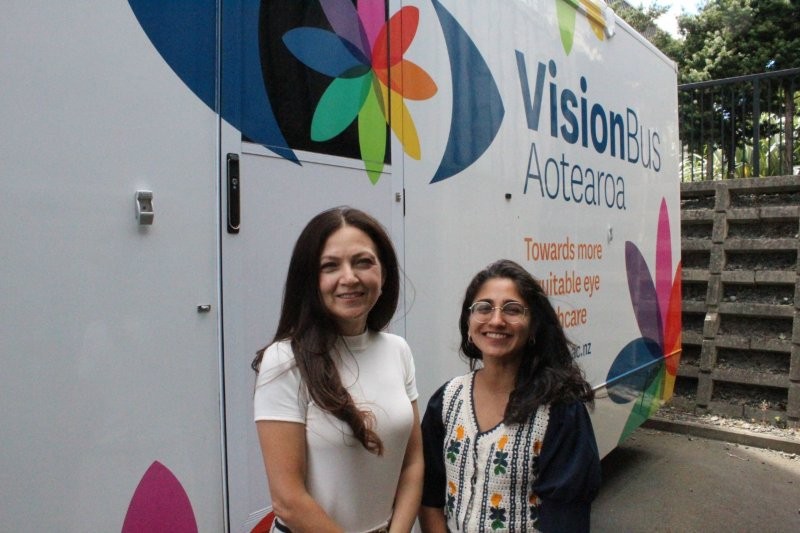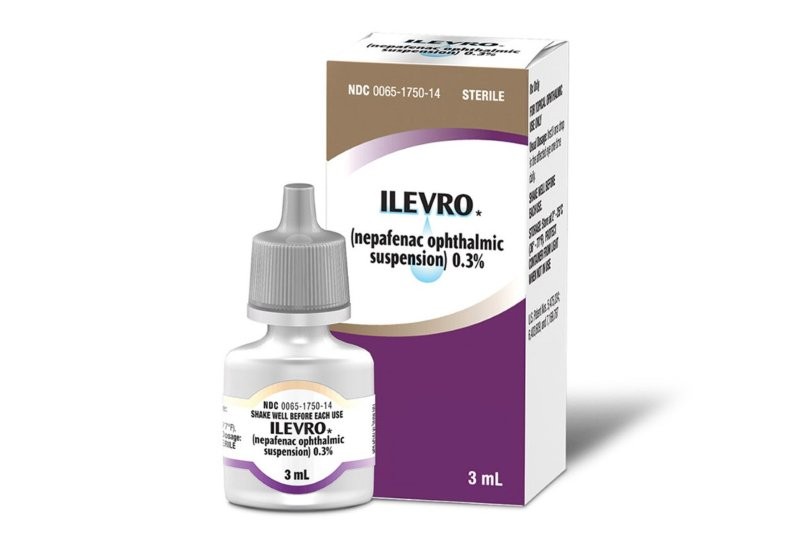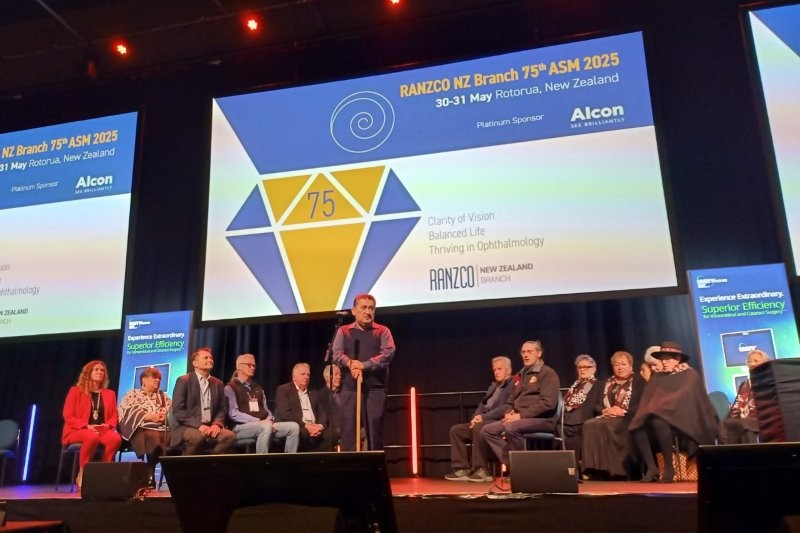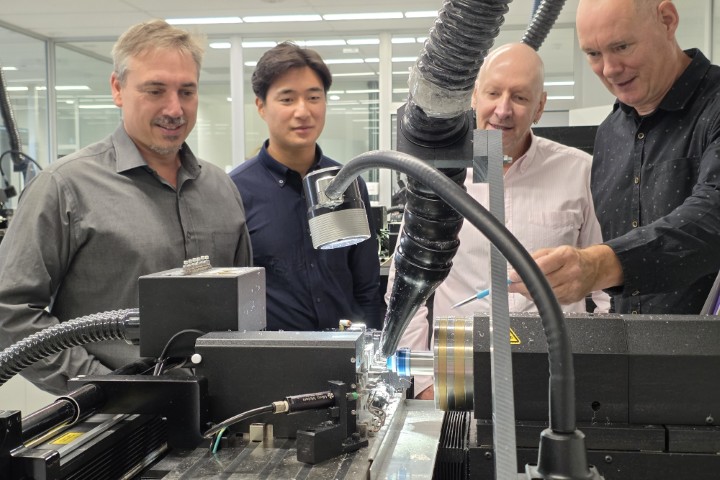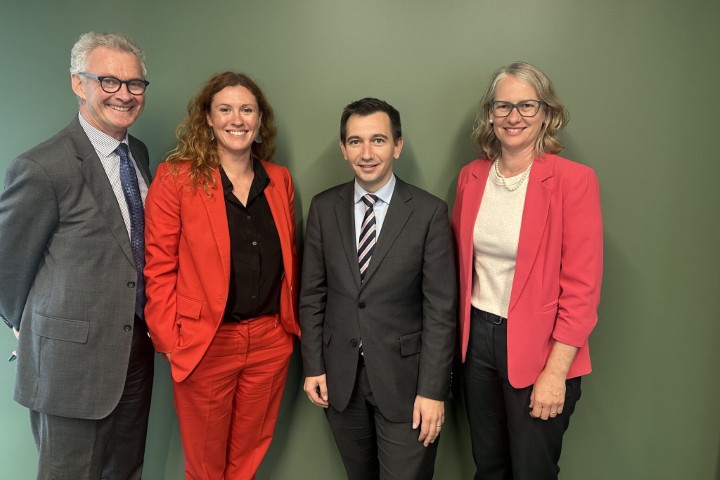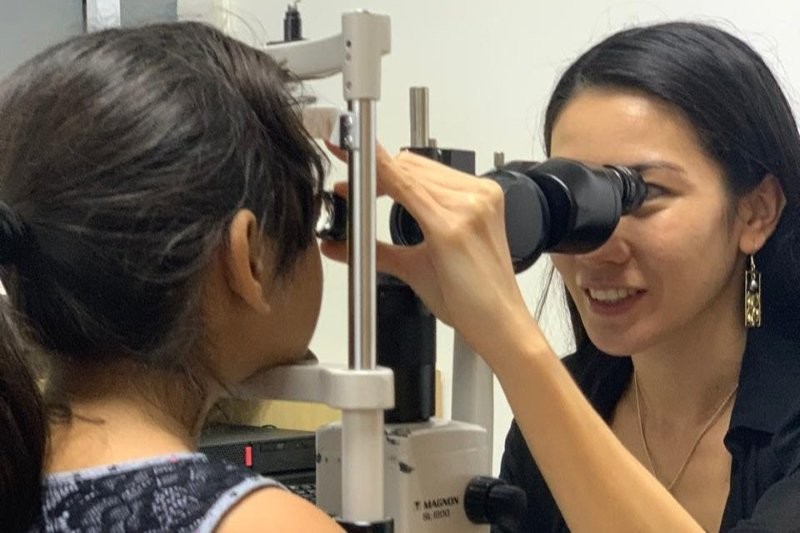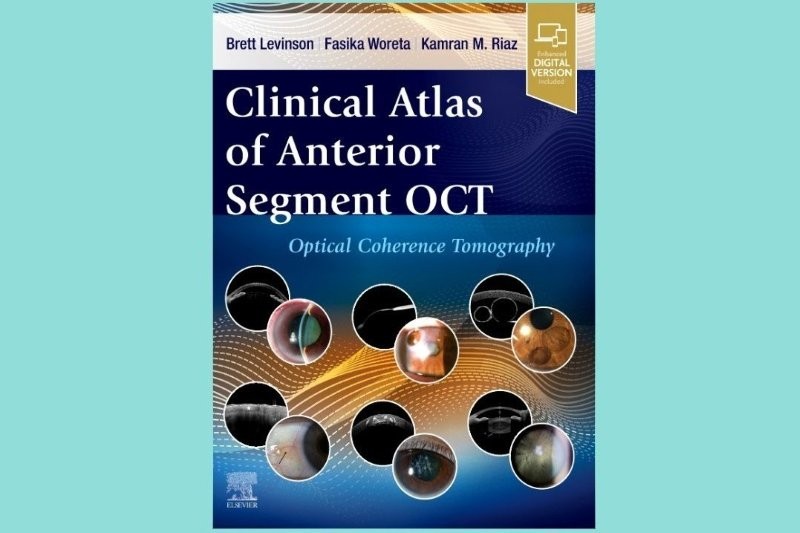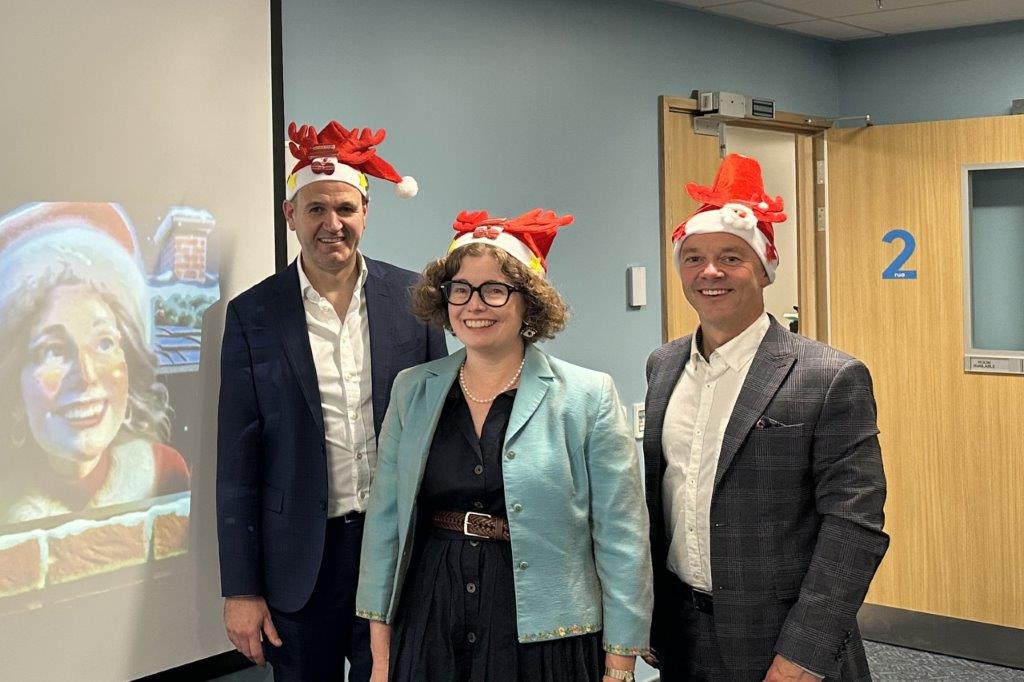A virtual dive into systemic diseases…
Due to the government’s Alert Level 3 restrictions, Eye Institute’s first 2020 seminar in the middle of May became a virtual affair, attracting nearly 400 New Zealand optometrists.
Zooming in from my own makeshift office, I was impressed by how smooth it all went, with no technical hiccups, crazy kids or pets making an unwanted appearance.
Eye Institute’s Dr Adam Watson hosted the seminar and said he was delighted with attendance numbers and pleased Eye Institute was able to expand its educational programme to a New Zealand-wide optometry audience for the first time.
“When things get more back to normal, it's quite likely we'll continue to offer webinars mixed with our more usual seminars. Both certainly have their merits,” he said.
Eye Institute’s virtual seminar format differed slightly to its traditional line-up of in-house ophthalmologists by including three special guest speakers: University of Auckland Associate Professor Rinki Murphy, who covered diabetes and obesity; Auckland oncologist Dr Sanjeev Deva; and Tauranga-based rheumatologist Dr Tracey Kain, who covered features and symptoms of their specialist disease areas and respective treatments. Eye Institute’s Drs Leo Sheck, Narme Deva and Adam Watson and, newest recruit, Joel Yap, provided additional information on these diseases associated eye conditions and how optometrists can identify and deal with these in practice.
“Having doctors from other specialties give background and updates on systemic conditions together with our own ophthalmologists, covering the eye-related aspects, seemed to be appreciated and something we'd like to do again,” Dr Watson said after the seminar.
Wrapping up the virtual seminar, Dr Watson stressed the important role optometrists have identifying and managing ocular complications of systemic conditions and helping to monitor and maintain patient therapy.
Watching the positive feedback scroll across the screen, like the closing credits of a movie, thanking Eye Institute for a great webinar and for providing “useful explanations to complex topics”, I certainly agreed with Dr Watson that Eye Institute should do this more often.










